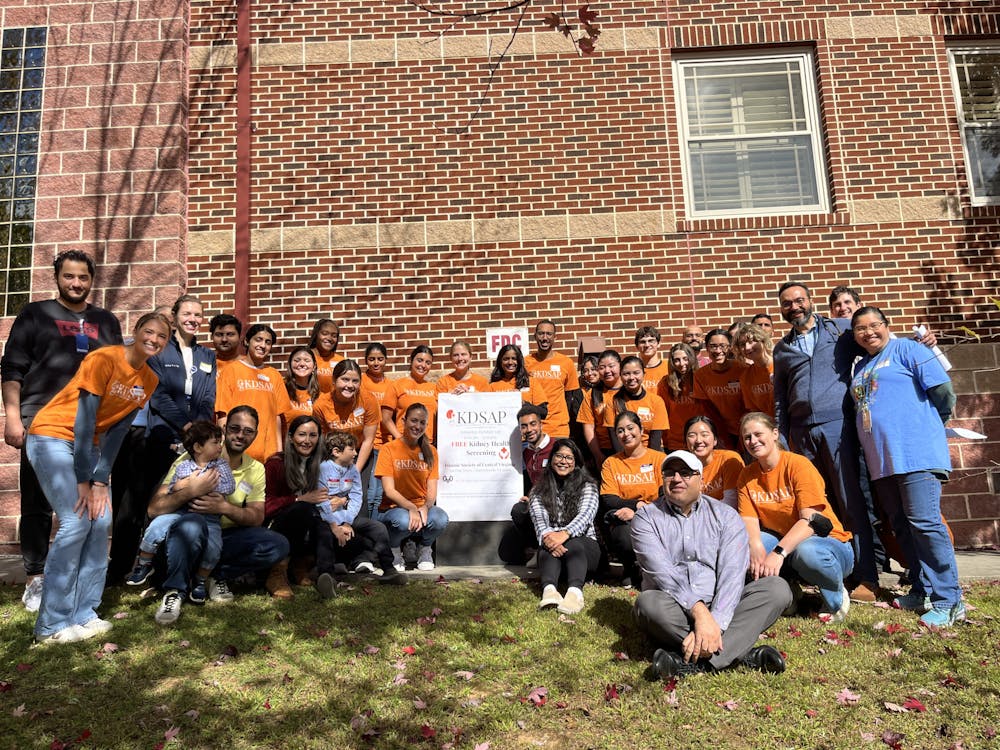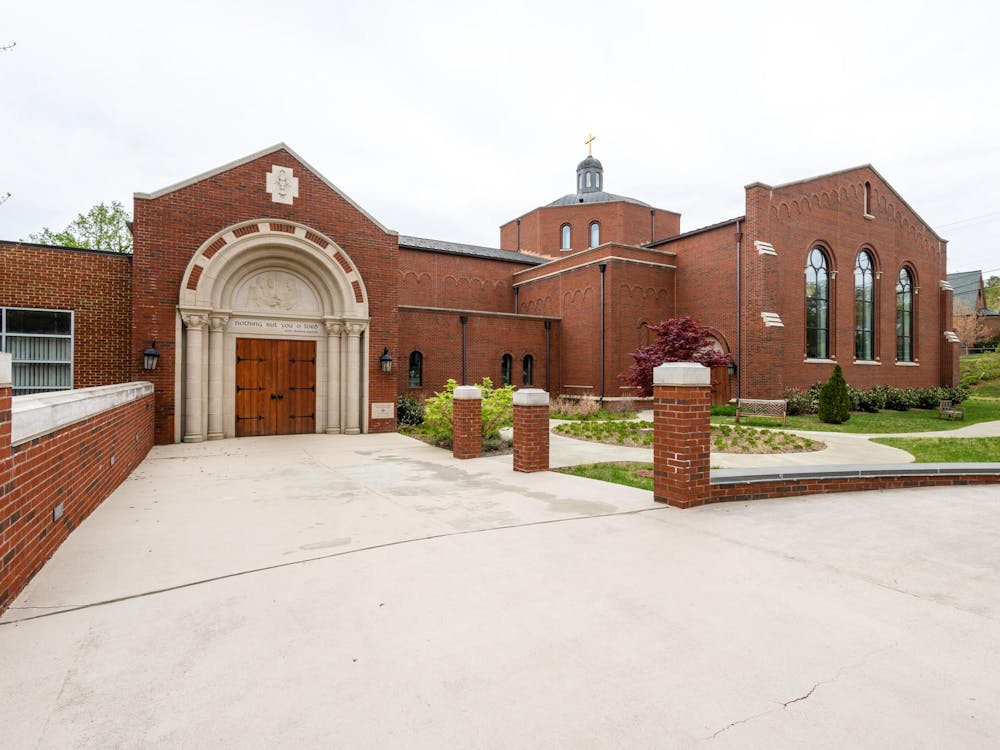The Kidney Disease Screening and Awareness Program, which provides access to chronic kidney disease screenings in medically underserved communities, recently opened a chapter at the University last fall. The organization has already held two events in Charlottesville and will hold their next free screening at Charlottesville’s Southwood Boys and Girls Club Nov. 18.
Since its creation at Harvard College in 2008, KDSAP has founded chapters at over 20 colleges and universities. The University’s chapter was founded in 2022 by Tushar Chopra, an associate professor in the nephrology division of the Department of Medicine. The program became an official Contracted Independent Organization in 2023, and student involvement has only grown in the months since.
According to the National Kidney Foundation, people of color are disproportionately represented among those suffering from kidney disease, and lower socioeconomic status is an increased risk factor. Dillen Chung, KDSAP executive board member and third-year College student, said the organization works to target communities of color as well as other marginalized and underserved communities.
“We try … keeping in mind that there are cultural nuances and history that might have affected the way they view healthcare, so [we want to] be aware of that and just trying to allow for people to get access to these kinds of things,” Chung said.
KDSAP held their first screening event as a CIO last semester Mar. 25 at Mt. Zion First African Baptist Church. Since that time, the organization has already coordinated several other events for the community, including most recently, a screening for refugees and low income residents at the Islamic Society of Central Virginia Oct. 21. Although they held only one event as a CIO last spring, they plan to have at least two screenings per semester this year, according to Chung.
At the screenings, KDSAP performs blood tests and urinalysis in order to assess people for kidney disease. Community members also have access to on-site physicians, transplant specialists and dietitians, and are able to ask any questions or express concerns they might have about the screening process. Undergraduate students who are members of KDSAP assist physicians in administering the screening tests.
At the mosque screening in October, the program also brought along Arabic and Farsi translators in order to improve accessibility for the refugees that were present. Morgan Greig, KDSAP president and fourth-year College student, said that doing so helped KDSAP reach more people across different communities.
“Despite the language barrier, we were able to screen people, which I thought was really awesome,” Greig said.
In addition to performing the free screenings, KDSAP is also concerned with outreach that promotes kidney disease awareness and educates local residents on the realities of chronic kidney disease, or CKD, Greig said. The dietitian present at the screenings serves in part to help people understand the role of nutrition in kidney health.
CKD is extremely prevalent, affecting one in seven adult Americans, and is even more dangerous due to its silent nature. Issues often remain undetected until it progresses to more serious complications like end-stage renal disease. Greig said the extensive nature of the disease and how relatively unaware people are of the risks is often what prompts students like herself to join KDSAP.
“[CKD] is silent,” Greig said. “And it’s super prevalent in our community, and the fact that so many people don’t realize they have it is just kind of crazy to me… When students hear how incredible this opportunity is, that we really get to go [into] the community… everyone’s really motivated by that, especially after hearing how many Americans are affected.”
Chung echoed a similar sentiment, stating that the opportunity to go beyond the University community and connect with real people out in Charlottesville is one of the things she loves most about KDSAP.
“One thing that I think is really special about this club is that we allow students to… give back to our community and be able to interact with people outside of the college bubble,” Chung said. “As we’re living here for four years, how can we help make a difference in the place that we live in, even if it’s just temporary?”
In order to reach even more people, KDSAP is also working to create educational resources about kidney disease like informative videos. As the organization grows, they hope to expand to further communities and help as many underserved individuals as possible.
“Reaching as many medically underserved communities as possible is our goal,” Greig said. “So we're always looking for different sites that are willing to have us and just reaching out to as many people as possible.”
Further information about KDSAP events can be found on social media, including Facebook and Nextdoor, as well as on flyers around local neighborhoods.







